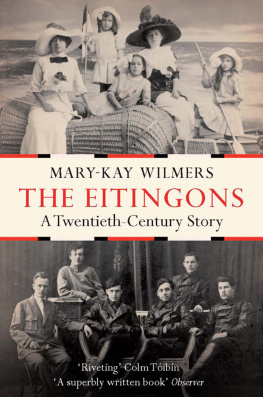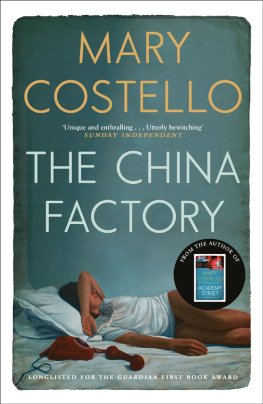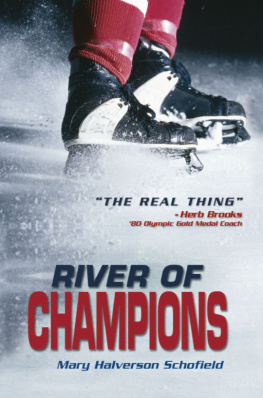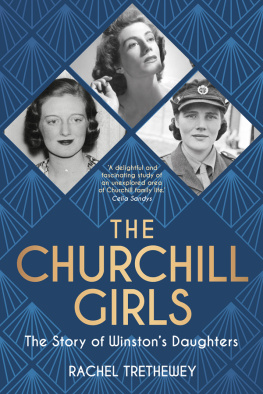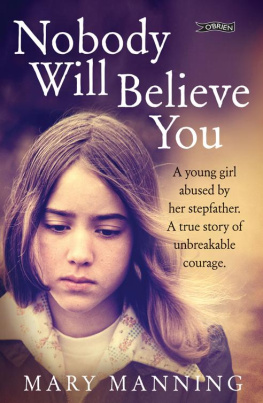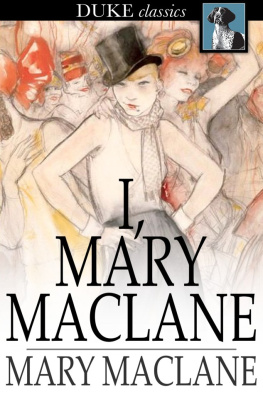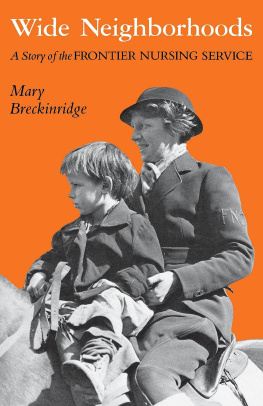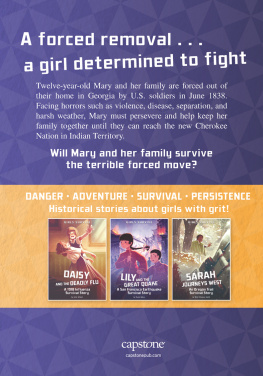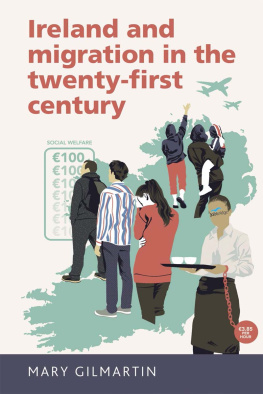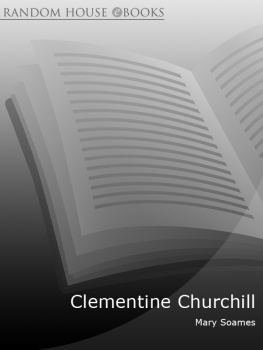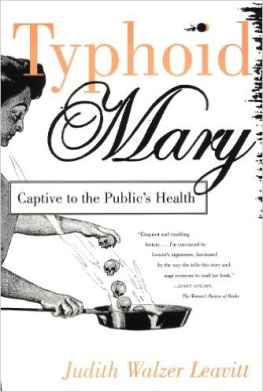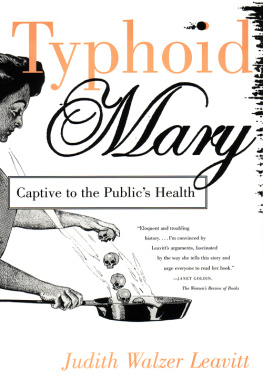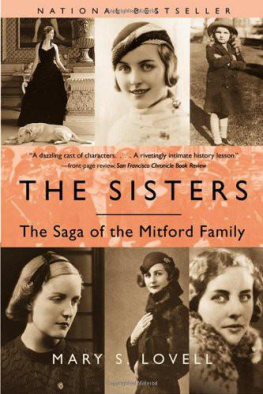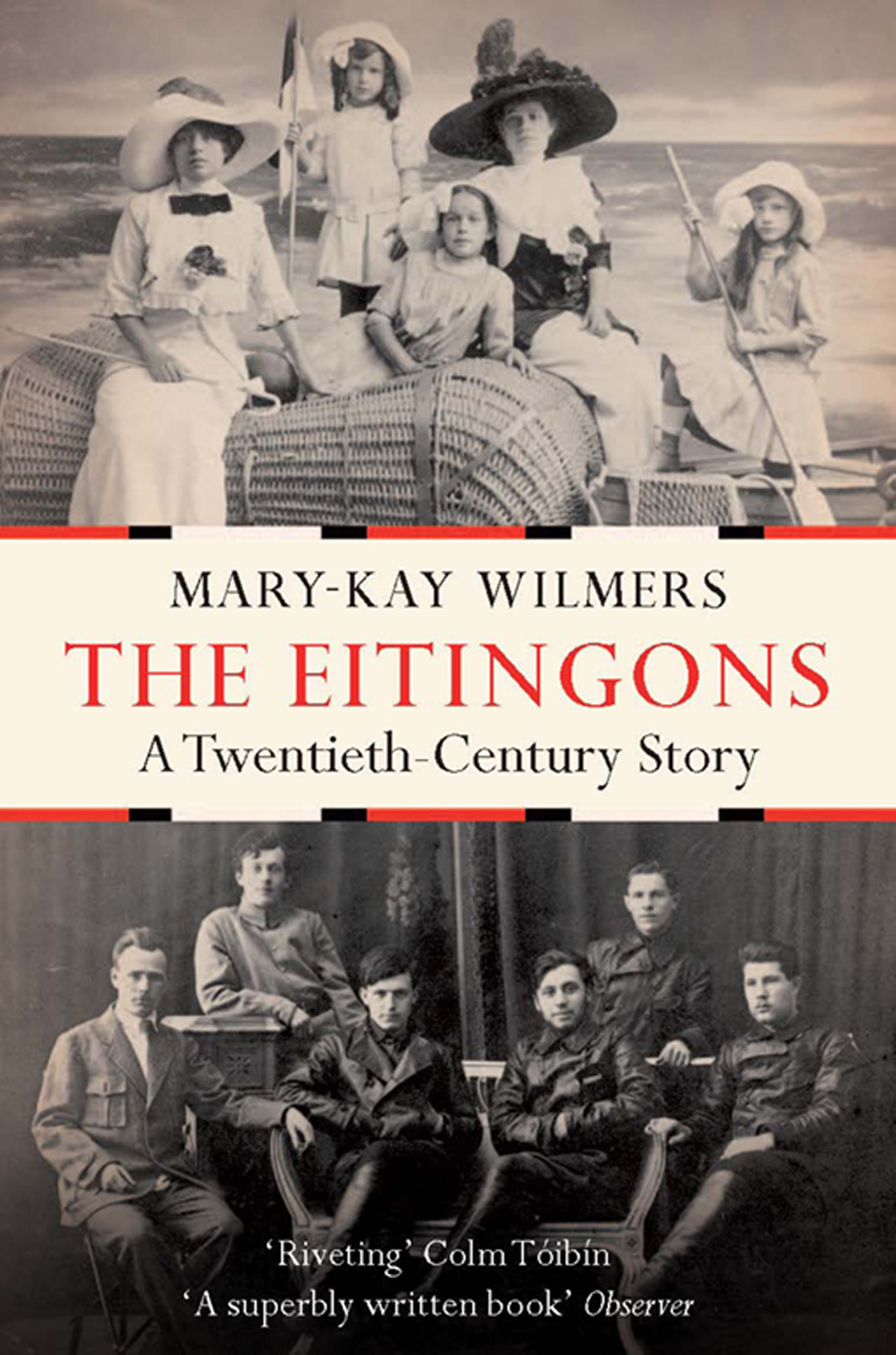
The Eitingons
A Twentieth-Century Story
MARY-KAY WILMERS

This edition first published by Verso 2010
Mary-Kay Wilmers 2010
All rights reserved
The moral rights of the author have been asserted
1 3 5 7 9 10 8 6 4 2
Verso
UK: 6 Meard Street, London W1F 0EG
US: 20 Jay Street, Suite 1010, Brooklyn, NY 11201
www.versobooks.com
Verso is the imprint of New Left Books
Epub ISBN: 978-1-84467-911-9
Library of Congress Cataloging-in-Publication Data
A catalog record for this book is available from the Library of Congress
Typeset by Hewer Text UK Ltd, Edinburgh
Printed in the US by Maple Vail
For Sam and Will
and in memory of
my parents
Contents
Acknowledgements
It would be shaming to spell out how indebted I am both to Perry Anderson and to Jeremy Harding; without their help and encouragement the end of this project would still be several years off. And without Nadia Pokornayas enthusiasm and Theodore Drapers generosity it would never have got off the ground. Many others, mainly Eitingons and near-Eitingons, not all of them still alive, talked to me about the Eitingon family in its various branches when the idea of a book was still a long way down the road: the two Galia Eitingons, Mark Eitingon, Mary Eitingon, Svetlana Eitingon, Vladimir Eitingon, Nikolai Khokhlov, Tatiana Kozlova, Boris Makliarsky, Lussia Neumann, Liza Pikielny, Evgenia Puzirova, Nina Rustanovich, Elena Sinelnikov-Muryleva, Anatoli Sudoplatov, Lee Thompson and last, but very far from least, the incomparable Zoya Zarubina. Joanna Biggs, Yoram Gorlizki, Lidija Haas, Ian Jackman, Paul Laity, John Lanchester, Dorothea McEwan, Jean McNicol, Andrew OHagan, Philip Oltermann, Nikita Petrov and Inigo Thomas variously pushed me along, guided my research, corrected my facts, improved my sentences. Tim Binyon, Oxana Poberejnaia and Tony Wood translated tedious stretches of Soviet-speak. Tariq Ali, Olena Bagno, Antony Beevor, Jenny Carr, Sheila Fitzpatrick, Harriet Garland, Mary Hope, Andrei Kishtimov, Yonatan Mendel, Marie Jos Minassian, Vladimir Nikitin, Adam Phillips, Elaine Robson-Scott, Yuri Slezkine, Christopher Turner, Luba Vinogradova, Susan Watkins and Gaby Wood were all crucial at one moment or another. Finally, Im grateful to everyone at Faber who has eased The Eitingons along the road to publication, principally my editor, Henry Volans, and David Watkins, and to my colleagues at the London Review of Books , individually and collectively, for their patience and their willingness to do things that I should have been doing myself and for not groaning as much as I would have done in their place.
Note on the Soviet Secret Service
The Soviet Secret Service had many different designations in the course of its history. These are the main ones.
191722 Cheka: Extraordinary Commission to Combat-Counter-Revolution and Sabotage
19223 GPU/NKVD: State Political Administration/Peoples Commissariat for Internal Affairs
192334 OGPU: Unified State Political Administration
193443 NKVD as above
19436 NKGB: Peoples Commissariat for State Security
194653 MGB: Ministry of State Security
19534 MVD: Ministry of Internal Affairs
195491 KGB: Committee for State Security
When no specific historical period is intended I have referred generically to the GPU before the Second World War, and the KGB after it. Cheka was how Leonid and his colleagues mostly referred to it.
The table is adapted from Pavel Sudoplatovs Special Tasks: The Memoirs of an Unwanted Witness A Soviet Spymaster .
The Eitingon Families
MAXS FAMILY
Mordecai (died 1880), Maxs grandfather
Chaim (18571932), Maxs father
Max had one brother, Waldemar, and two sisters, Fanny and Esther.
MOTTYS FAMILY
Mordecai, his grandfather
Itsak Leib (dates unknown), his father
Motty was the youngest of four brothers, Max (a different Max), Boris (my grandfather, died 1932), Naum (Boriss twin, died 1964). He also had four sisters.
There were also two Eitingon uncles, his fathers brothers, one of whom was Monyas father.
Motty married Chaims daughter Fanny and had two daughters. His second wife was Bess and they had a son, Tommy.
Boris (my grandfather) had three daughters: Niuta, Lola and Cesia Cesia was my mother.
LEONIDS FAMILY
Boris (died 1915), his grandfather
Isaak (died 1912), his father
Leonid had two sisters, Sonia and Sima, and a younger brother, Izya.
Leonid had four children:
Vladimir (born 1918), his mother was Anna Shulman
Svetlana (1927, died a few years ago), her mother was Olga Naumova
Leonid (Lonya, born 1941) and Musa (born 1943), their mother was Musa Malinovskaya
His stepdaughter, Zoya Zarubina, was born in 1920. Her mother was Olga Naumova, her father Vasily Zarubin.
General Sudoplatov was Leonids boss. Anatoli, the generals son, co-wrote his fathers memoirs with him.
Eduard Sharapov is Leonids biographer.
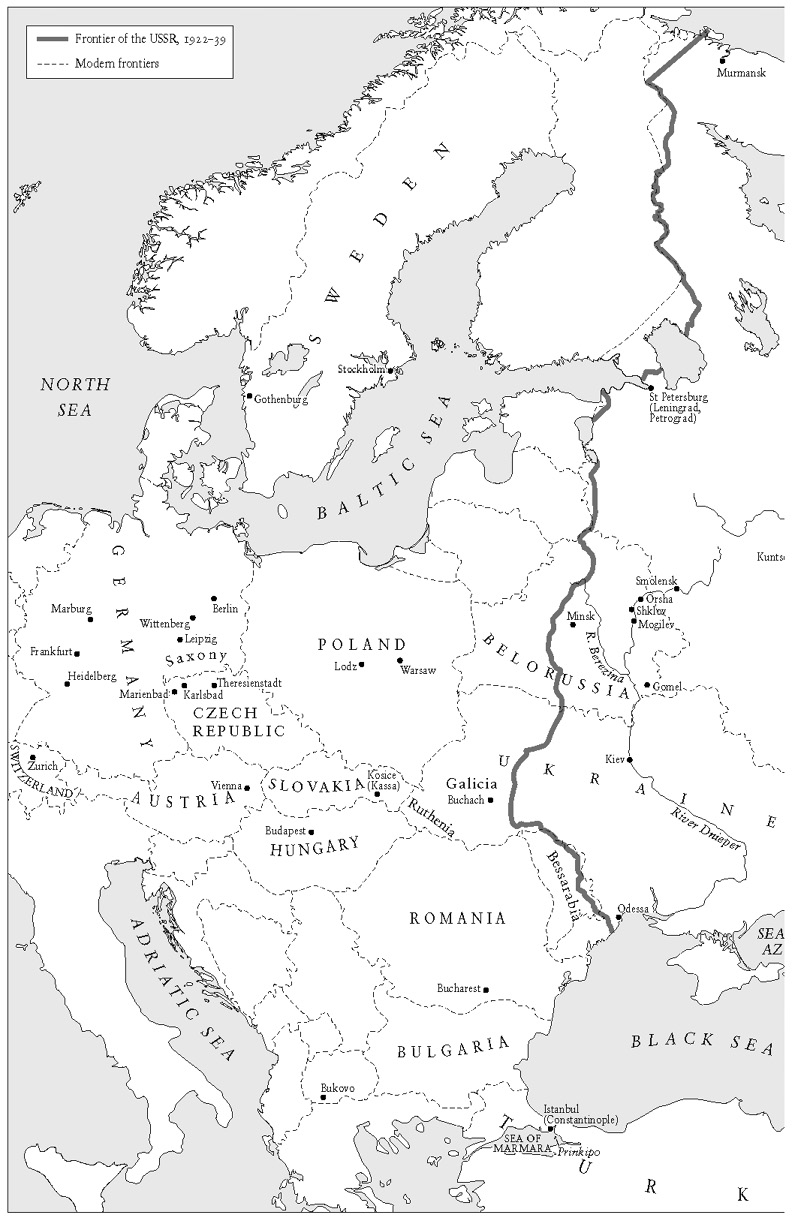
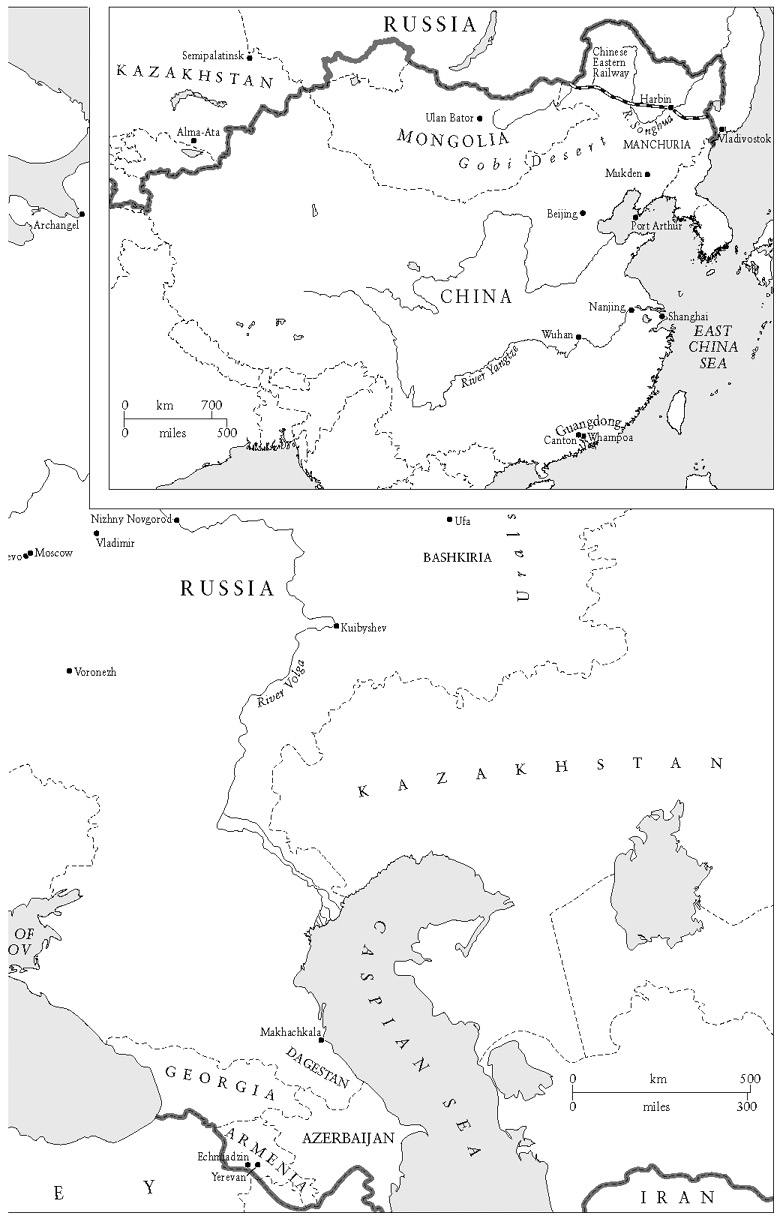
Part One
CHAPTER 1
Embarrassment
When I was fifteen my mother told me that nobody liked me. Mats does, I replied defiantly. Mats was my fathers sister and my mother had mixed feelings about her.
Eighteen months older than my father, a consultant physician at a London teaching hospital, and unmarried, Mats was the supreme authority in my fathers family: the person whose advice everyone sought and who could never be wrong. It was part of her thing to like and understand the young, as she used to call us, and I thought then, as I thought later, that she had a special feeling for me.
When Mats died my cousins her other brothers children and I divided up her belongings. The day was uneventful no quarrels, no feuds and there would be nothing to report were it not for a shaming action of mine. One of my cousins and I both wanted the same little mahogany box that had stood on a table by her front door. It was his turn to choose and he took the box.
Some minutes later, when he was out of the room, I opened the box and removed the letters that I knew were in it: they were the reason Id wanted the box in the first place. At the end of the day, when we were getting ready to go home, my cousin picked up the box that was now his and saw that the letters had gone.
I confessed obviously. What else could I do? But I was mortified, mortified as I had been when an Oxford landlady accused me of stealing her silver teaspoons (I hadnt) and before that when my biology teacher accused me of copying my best friends homework (I had and I hadnt: she just told me what to say). It turned out that my cousin too had only been interested in the box for the sake of the letters, but one way or another his better character perhaps I got to keep both.
There were many reasons why I wanted the letters. I wanted them out of fondness for Mats and interest in her life. But I also wanted them because I thought they might shed light on my paternal great-grandfathers arrival in England from Germany in the late nineteenth century. And if there was nothing about that, there might be something about the Eitingons, or about me. What makes this story a story is that for all my eagerness to get hold of the letters (as well as letters to Mats, there were letters from her, addressed to her own aunt, a maiden aunt of the previous generation), and for all my faith in Matss feelings for me, it turned out, when I came to read them, that in each one she had something disheartening to say about either my face or my character. I was spoiled, I wasnt at all pretty, my cousins (them again) were so much nicer than me.
Next page
